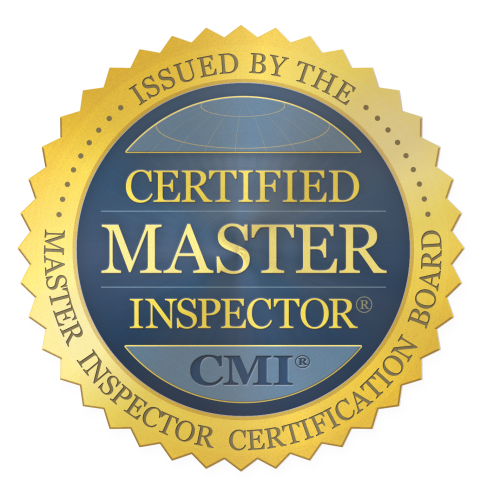So, does your inspector know? Or, better, what does your inspector know?
The National Electric Code (NEC) contains nearly 800 pages, packed with charts, graphs, tables, etc., is updated every three years, and each update can contain 1,000 changes, or more! Plumbing, mechanical, building, fire, and so forth are similarly overwhelming. Further, codes refer to hundreds of standards published by various organizations such as the National Bureau of Standards, American Society for Testing and Materials, United Laboratories (you've seen the UL listed stickers on appliances), the American Society of Heating, Refrigeration, and Air-Conditioning Engineers – there are dozens more!
Personal note: my community HOA will ding you for algae on vinyl siding. As such, that becomes the local “code.”
Your home inspector is a generalist – it is unlikely that he will remember precisely that a fireplace hearth should extend 16” in front of an opening of smaller than six square feet -- and that it should be 20” for openings larger than that! However, a short hearth, of 12” or so, will probably be noticed, and noted on the report. An inspector’s musings or concerns expressed verbally or on the report should be followed up by referring to a specialist.
It is even less likely that your home inspector will remember when a certain code provision was instituted in the jurisdiction he is inspecting. In Northern Virginia, some communities only a few miles apart will have chosen to enforce certain code modifications at different times. Sometimes it is decades. One of the largest suburbs of Washington D.C. only recently began to require powered vents in enclosed bathrooms even though throughout most of the country and Canada they have required that for years!
I understand that some jurisdictions passed the new AFCI codes for bedrooms before the tested and approved devices came out! How was that enforced?
If you think the local Authority Having Jurisdiction (AHJ) knows all the codes and when they were adopted, think again. They may not even be able to come up with a history of code articles, dates, or where they are enforced. Photocopies of relevant documents or verbal answers over the phone may not be reliable.
My recommendation: If you are buying a home, not knowing whether a deficiency the home inspector has mentioned is a violation of local codes when the house was built, it is best to ask a specialist in that area. THEY are more likely to know local standards at least, if not the codes. They have learned the codes in the School of Hard Knocks, a cruel, but effective teacher. Oh, and remember Mother Nature…

Comments
Post new comment